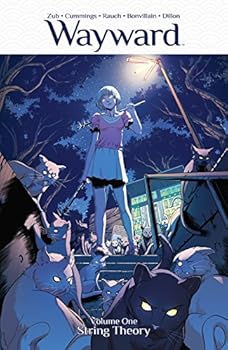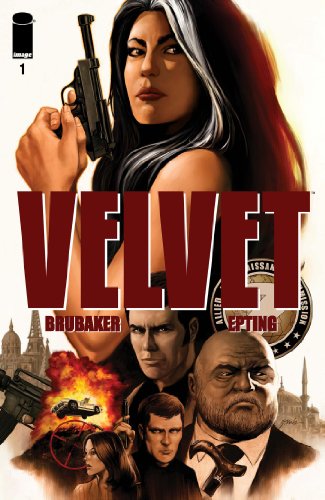This column will be updated regularly to help you find the best comics to read on Comixology Unlimited, an incredible subscription service available for $5.99 a month (with the first month free). If you want to start reading comics, this is a great way to begin, particularly if you are an adult who wants to locate all those comics that are hard to find because we are inundated with Superhero stories. (The First Clarification: Yes, I like DC, Marvel, and Superhero Stories, too)
Comics are expensive, and you can read hundreds and hundreds of dollars worth of comics very quickly,
Read More













What a fascinating exploration of Edwige Fenech's contribution to giallo films! Her charisma and the unique blend of suspense and…
What an intriguing exploration of Edwige Fenech's role in giallo films! I appreciate how you highlighted her unique blend of…
Hahaha! You might like the one "Shocktober" scene near the end!
For some strange reason, I get the feeling I might like this one! 😁
Wow, 20 dollars? That seems a lot for a 100-or-so-page book, but most of my novellas have come via ARCs…